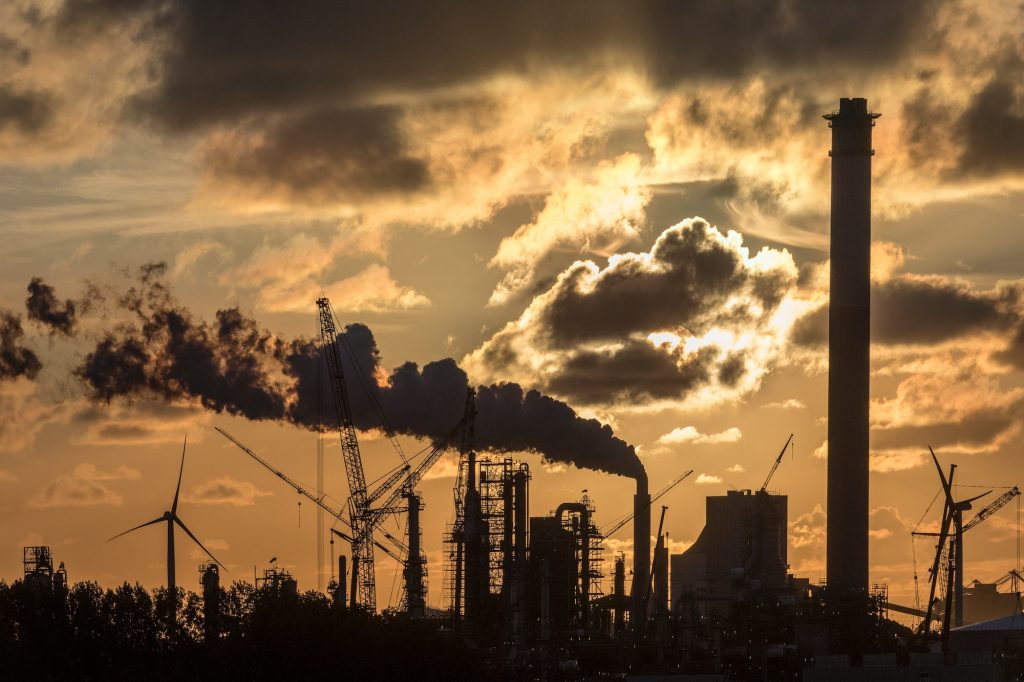
The effects of air pollution on humans are a significant public health concern, not only because of their role in climate change but also because exposure to air pollution can increase morbidity and mortality.
When environmental scientists talk about air pollution, they are describing any solid or liquid particles, as well as gases, that are suspended in the air and have harmful or poisonous effects. When we think about air pollution, we tend to think in terms of human-caused pollutants, and rightly so: Some of the most dangerous and ubiquitous examples of air pollution include car and truck exhaust, as well as polluting by-products of industrial processes. However, many natural air pollutants can cause health concerns; for example, pollen and mold spores are often linked with asthma and allergies. According to the WHO, air pollution effects on humans are significant. For example, air pollution causes:
- 29% of all global deaths from lung disease
- 24% of all global deaths from stroke
- 17 % of all global deaths and diseases from an acute lower respiratory infection
